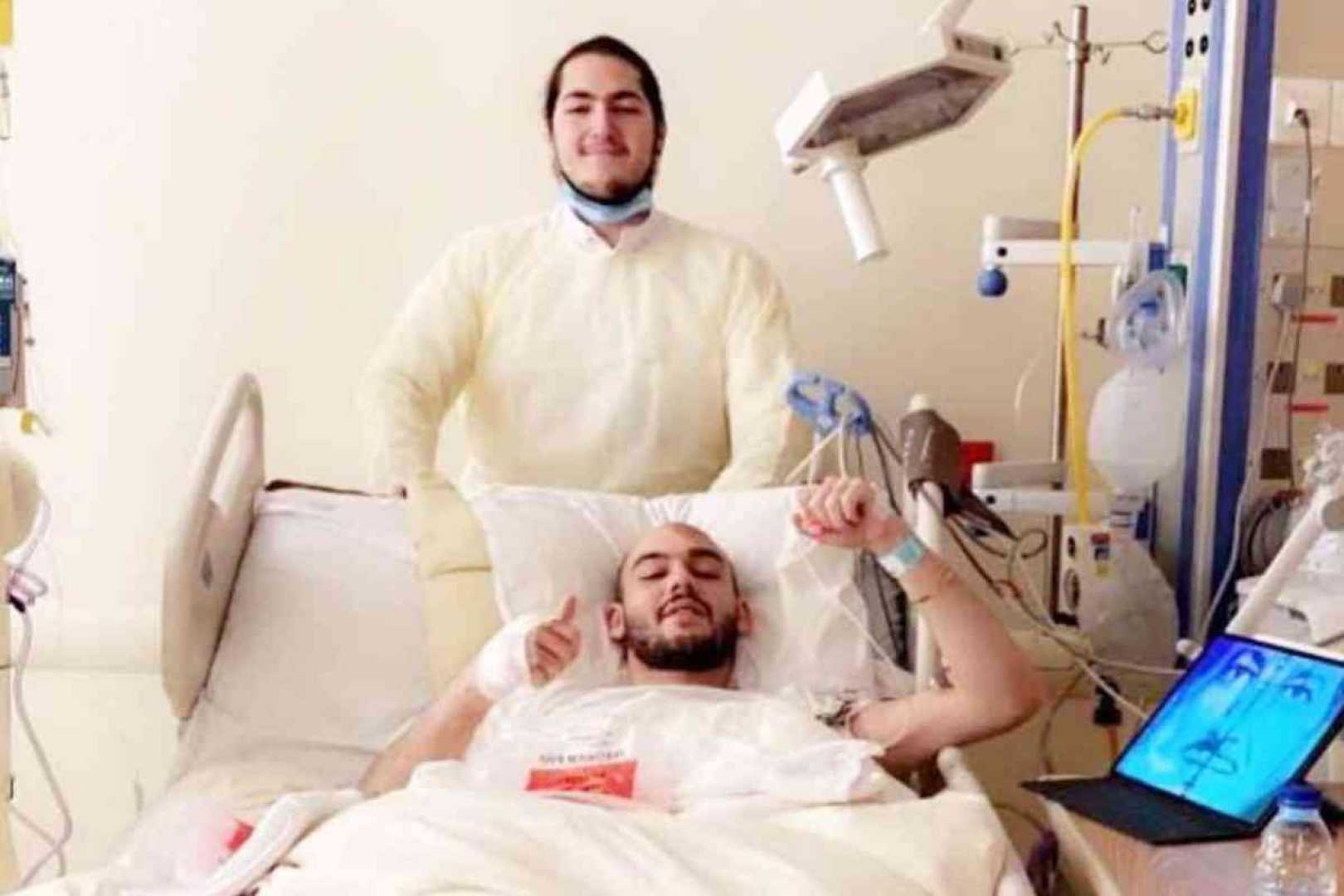News
Viral Video Misidentifies Saudi Prince As Waking From 20-Year Coma

New Delhi, India – A viral video claiming that Prince Al-Waleed bin Khaled bin Talal, known as the ‘Sleeping Prince’, has woken up from a 20-year coma is false. Prince Al-Waleed has been in a coma since a serious car accident in 2005 and celebrated his 36th birthday on April 18, 2025.
The misleading video, which circulated across social media platforms, features a man in a hospital bed being greeted by family. An X user posted, ‘Prince Al-Waleed bin Khaled bin Talal of Saudi Arabia known as the ‘Sleeping Prince’ who has been in a coma since a car accident in 2005 has finally woken up.’ However, the individual in the video is not Prince Al-Waleed.
The video actually shows Yazeed Mohamed Al-Rajhi, a Saudi businessman and rally driver, who recently recovered from an accident during the Baja Jordan rally. On April 12, his racing team confirmed both Al-Rajhi and his co-driver, Timo Gottschalk, were transported to the hospital for precautionary measures and were conscious and stable.
Doctors later reported that Al-Rajhi suffered fractures in two vertebrae, while Gottschalk sustained four spinal fractures. Videos of Al-Rajhi meeting with visitors during his recovery were incorrectly linked to the prince, alongside captions celebrating a nonexistent recovery.
Although the viral video misattributed the identity of the man recovering, it was shared with statements like, ‘Sleeping Prince of Saudi, who had a hard accident 20 years ago and has been in a coma, has finally regained his life.’ Such claims are untrue.
As of now, Prince Al-Waleed remains in a coma. Reports from the Times of India previously indicated that doctors advised the prince’s father to discontinue life support, but he refused, maintaining hope for his son’s recovery. Prince Al-Waleed is the great-grandson of King Abdulaziz, the founder of modern Saudi Arabia.
This episode highlights the dangers of misinformation online, and it is crucial for people to verify claims before sharing them.












